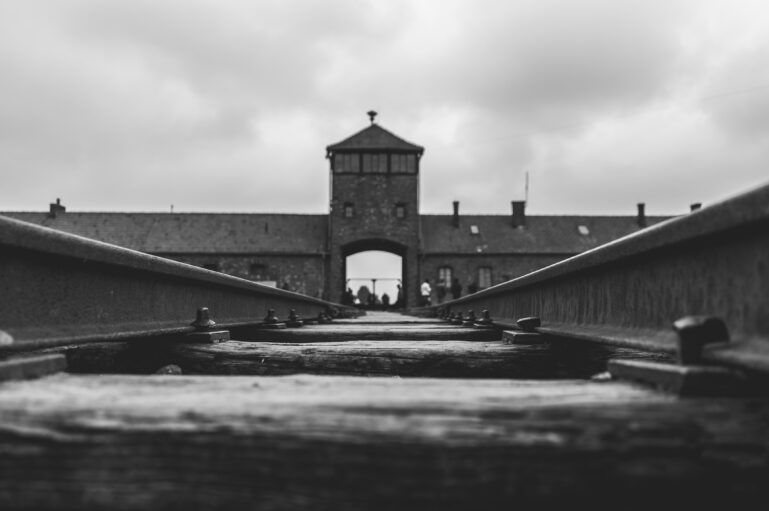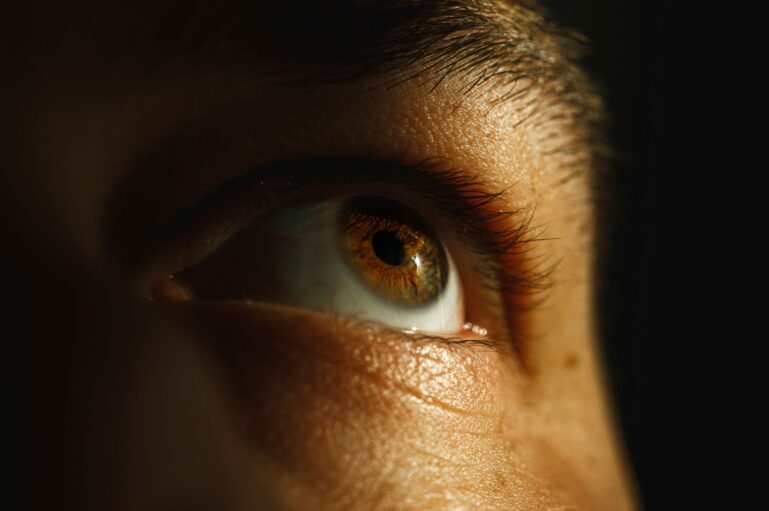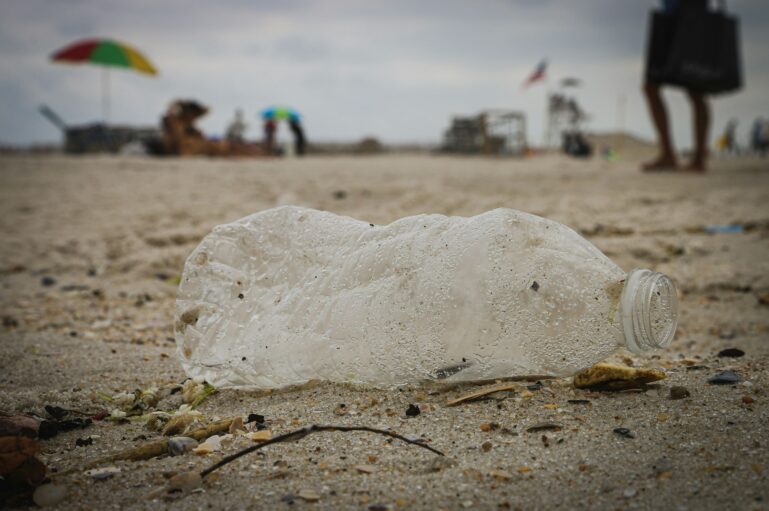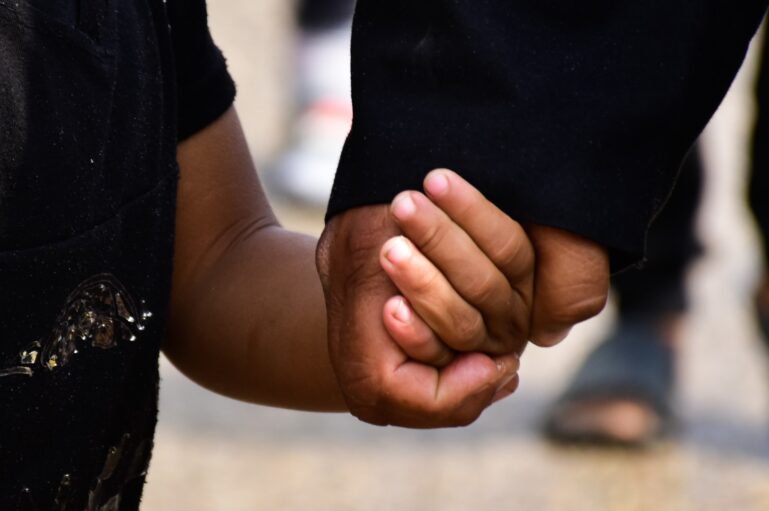With all the technical, scientific, medical, and digital advances of the 21st Century, it is somewhat surprising that the human being remains desperately needy, broken, and fearful. The human condition, exacerbated by the selfishness, brutality, and immoral behaviour of many who are in power, drives people to search for meaning, hope, care, and love in an ever more barbaric world, where extremism and hate leave their ugly blemishes. With seemingly no lessons having been learned from the human tragedies of the past, many leaders press on in their selfishness, retaining power by various levels of force, manipulation, and indoctrination. Shame on them!
As leaders follow evil paths to sate their relentless greed, people at all levels of society suffer – some in dire circumstances. Setting no good examples that citizens can follow, many leaders live entirely for themselves and many citizens, too, resort to devious practices and behaviours to gain whatever they can in an increasingly lawless environment. A deadly spiral is so created, leading to further hardship and pain. This selfishness is not sustainable.
Humans were never created for singular affections. The intention has always been the development and sustainability of community – a people that co-exist and look after each other’s interests. This expression of kindness, or selflessness, is the mark of our true humanness – what we were intended to be. Even in the toughest of oppressive situations, humans can choose to be kind. Viktor E Frankle (Man’s Search for Meaning), in his self-studies whilst prisoner in Auschwitz and other bestial concentration camps during the Second World War, noted:
“Human kindness can be found in all groups, even those which, as a whole, would be easy to condemn. The boundaries between groups overlapped and we must not try to simplify matters by saying that these men were angels and those were devils. Certainly, it was a considerable achievement for a guard or foreman to be kind to prisoners in spite of all the camp’s influences, and, on the other hand, the baseness of a prisoner who treated his own companions badly was exceptionally contemptable. Obviously, the prisoners found the lack of character in such men especially upsetting, while they were profoundly moved by the smallest kindness received from any of the guards.
From all of this we may learn that there are two races of men in this world, but only these two – the ‘race’ of the decent man and the ‘race’ of the indecent man. Both are found everywhere; they penetrate into all groups of society. No group consists entirely of decent or indecent people. In this sense, no group is of ‘pure race’ – and therefore one occasionally found a decent fellow among the camp guards.”
Regaining our humanness includes the following:
- Valuing diversity (not just tolerating difference, but embracing it)
- Appreciating and capitalising on the varied strengths and giftedness of humans in general
- Being kind to your neighbours
- Finding creative ways to serve the community
- Helping the downtrodden
- Feeding the hungry and helping them find work
- Working towards sustainable solutions
- Respecting and upholding the dignity of the human being
- Building trust back into society and relationships in general
We need to regain our humanness, however, it would seem that our collective conscious has been seared and blunted by incompetent and characterless leadership. In spite of poor, even devilish, leadership examples, we should nevertheless revert to credible human traits that lead to upliftment and societal growth. We need to relearn how to be kind. Let’s reinvest meaning into life.










